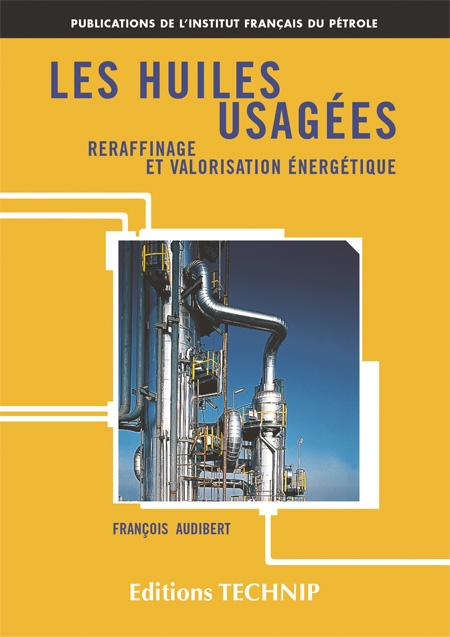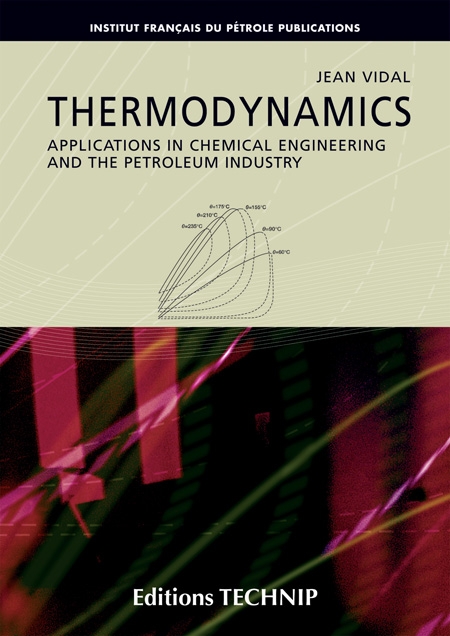Catalytic Cracking of Heavy Petroleum Fractions
Auteurs : DECROOCQ Daniel
ISBN : 9782710804550
relié 170 x 240 mm 140 pages
Date de publication : 1984
 Ajouter au panier 65 €
Ajouter au panier 65 €
This book is available in French under the title "Craquage catalytique des coupes lourdes (Le)".
Table des matières :
1. Cracking catalysts past, present and future. 1.1. The general properties of catalysts. 1.2. Conventional cracking catalysts. 1.3. Zeolite cracking catalysts. 2. Physicochemical characteristics of hydrocarbon cracking. 2.1. Reaction scheme and reaction mechanism. 2.2. Thermodynamic and kinetic data. 2.3. Coke formation and coke removal. 3. The nature of the key operating variables or parameters and their effects on the performances of the reactor and regeneration section. 3.1. Definition of feed conversion. 3.2. Relationship between yields and conversion. 3.3. Usefulness of recycling. 3.4. Effect of the key operating variables on the conversion of the feed. 3.5. Effect of feed composition on performances in catalytic cracking. 3.6. Effect of the catalyst characteristics on conversion and yields. 3.7. Regeneration of catalysts and heat balance of the cracking unit. 4. Industrial catalytic cracking plants. 4.1. Moving bed cracking. 4.2. Fluidized bed cracking. 4.3. Advances in fluidized bed cracking. 4.4. Conclusion. References.
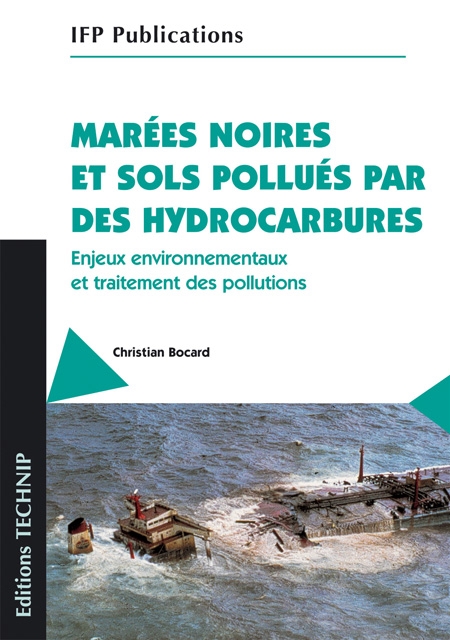 Marées noires et sols pollués par des hydrocarbures
Marées noires et sols pollués par des hydrocarbures
 Ajouter au panier
115 €
Ajouter au panier
115 €
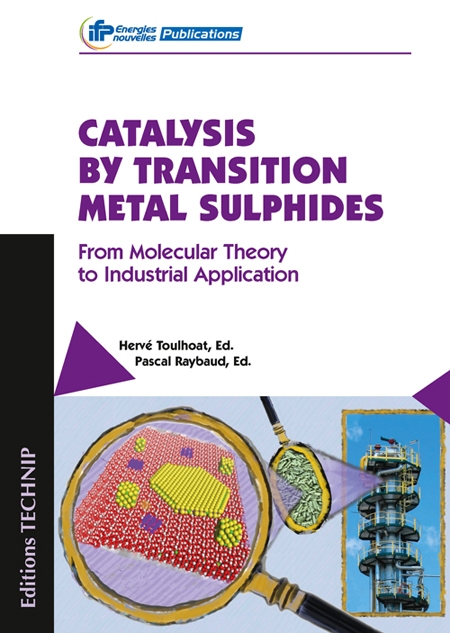 Catalysis by Transition Metal Sulphides
Catalysis by Transition Metal Sulphides
 Ajouter au panier
130 €
Ajouter au panier
130 €
 0
0

 Inscription newsletter
Inscription newsletter

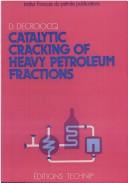
 Partager
Partager
 Tweeter
Tweeter

